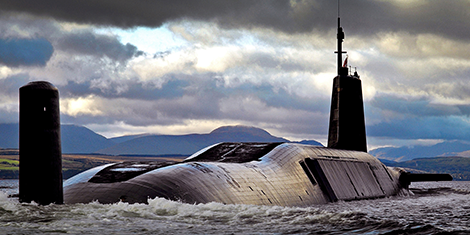
The article was originally published by the European Council on Foreign Relations (ECFR) on 3 September 2018.
Only if Europeans resume a serious debate about their responsibilities for their own security
“Do we need the bomb?” asked the front page of Welt am Sonntag, one of Germany’s biggest newspapers, last month. In an essay in the paper, political scientist Christian Hacke answered “yes”, arguing that, “for the first time since 1949, the Federal Republic of Germany is no longer under the United States’ nuclear umbrella.”




